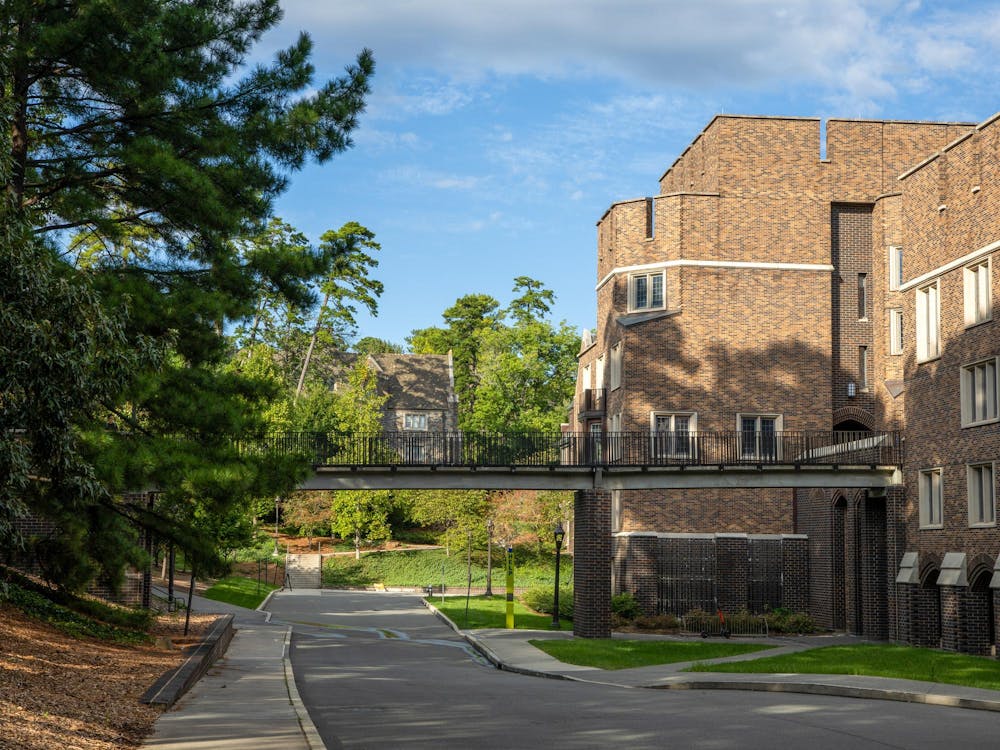Duke has returned to a dorm-based academic advising model for the 2024-25 academic year, which aims to facilitate stronger relationships between students and their advisers.
Students in the Trinity College of Arts & Sciences will be individually paired with an academic adviser based on their residence hall in a system that marks a partnership between the Academic Advising Center and QuadEx.
However, the updated adviser assignment procedure is not completely new.
AAC Director Mathavi Strasburger said that Duke previously operated under a residential advising system but moved away from the model with the adoption of QuadEx in fall 2022. She explained that students’ housing assignments were not finalized in time to assign advisers based on a residential model, prompting the change.
AAC and QuadEx staff are both optimistic about the returning program and highlighted potential benefits for students and advisers.
“Our hope is that this also gives advisers a chance to be invited to attend quad-specific events, which would then further their engagement with their students and really help build a sense of community,” she said.
University administration believes having access to a larger array of advisers who work together as a team for each quad may also encourage students to take greater advantage of resources within the AAC.
“While each student will have a single adviser, knowing that there is a team of advisers assigned to a particular quad opens up the possibility of connecting with a broader range of experts and support,” wrote Ben Adams, senior associate dean of students for QuadEx, in a Sept. 15 email to The Chronicle.
First-year students expressed dissatisfaction with the existing pre-major advising program last spring, which paired students with a single adviser from matriculation to the time they declared their major during sophomore year. Several noted that they didn’t “have a super close relationship” with their adviser, often only meeting twice a year in advance of class registration.
Notably, Duke’s advising program saw significant turnover over the past year — around 50 advisers had announced their intention to leave the University after the 2022-23 academic year.
University administration believes that in addition to improvements to the student experience, advisers will also benefit from the updated residential model.
“The idea of being a part of a 'team' of advisers who can lean on each other for support and expertise is important,” Adams wrote. “That connection was the reason so many advisers loved the previous house-based model of advising.”
Strasburger echoed Adams’ perspective, noting that new advisers will be able to meet and learn from “seasoned advisers” sooner. Though she acknowledged that the new model is still a work in progress, she expressed excitement for “what’s to come.”
“We're just delighted that we're able to get back to something that we used to do that we knew our advisers really missed out on, and [we] are now really excited to see in what ways the students can benefit from this as well,” Strasburger said.
Editor's note: This article was updated Monday morning to clarify that the new academic advising model only applies to students in Trinity College — the Pratt School of Engineering operates under a different academic advising system.
Get The Chronicle straight to your inbox
Sign up for our weekly newsletter. Cancel at any time.

Ananya Pinnamaneni is a Trinity first-year and university news editor for the news department.

